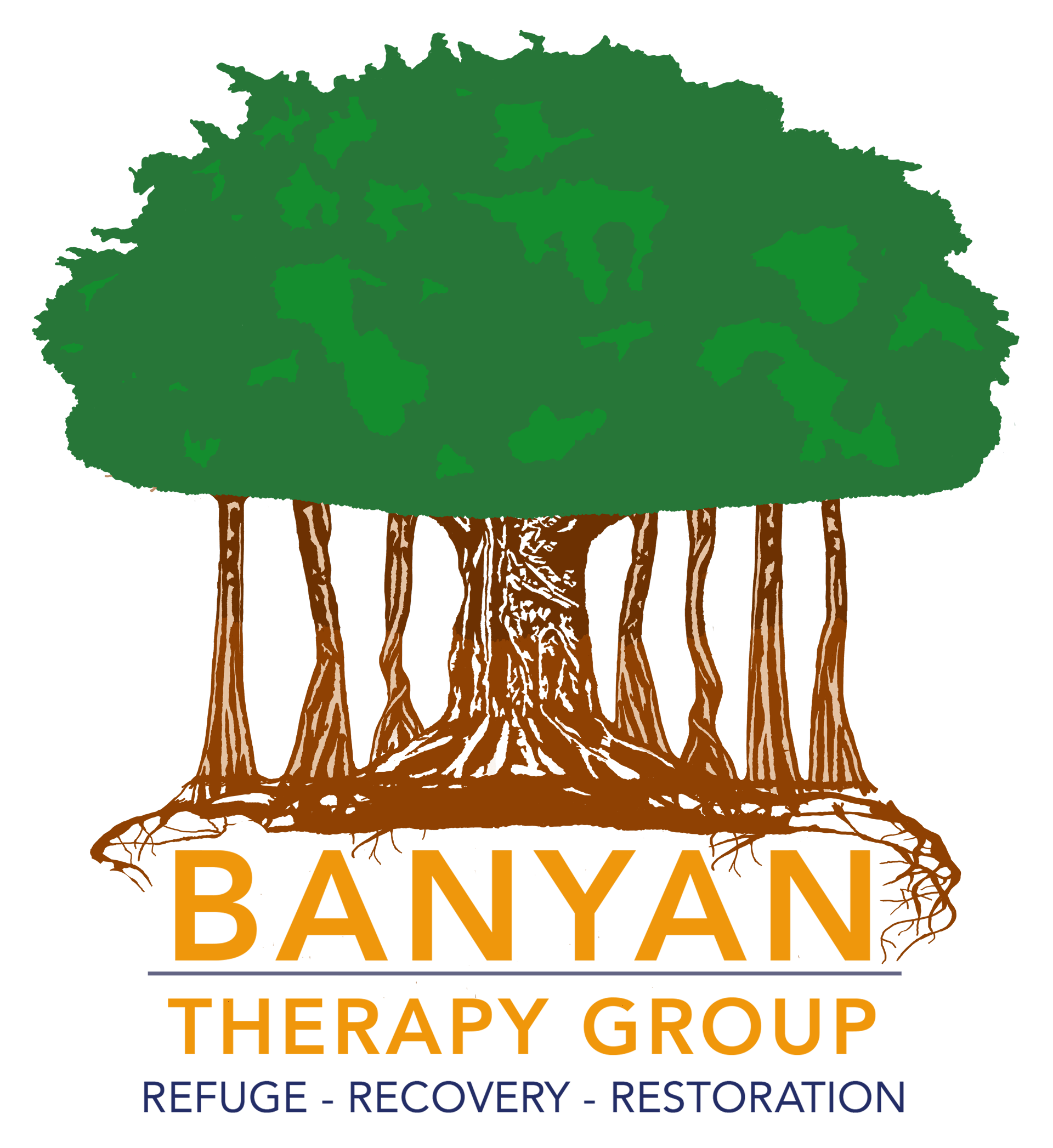- 60.89% of participants met the DSM-5 criteria for Post-Traumatic Stress Disorder.
- 96% of participants listed relational betrayal as a “very traumatic event” in their lives.
- 56.7% of participants labeled the betrayal as “the most traumatic event in my life.”
- Approximately 80% of participants reported some degree of posttraumatic growth in each of the five areas evaluated: Personal Strength 88.7%, Spiritual Change 87%, Relating to Others 86.2%, Appreciation of Life 85.3%, and New Possibilities 83.5%.
- There was no significant difference in posttraumatic growth between those who met the PTSD criteria and those who did not.
- For those who utilized professional supports, participants identified therapists (e.g., counselors, psychologists, or marriage and family therapists) as the most helpful, followed by psychiatrists.
- Clergy and other medical personnel were rated as the least helpful.
- 72% of those who utilized individual therapy identified it as one of their top four most important resources during the healing process. Likewise, couple’s therapy (49.5%), psychoeducational materials (47%), attending support groups (40.5%) and intensive multi-day treatment (29%) were listed in the top four important resources for those who utilized them.
- Of those who received a full disclosure of the relational betrayal, 50% identified it as one of the most important activities for their healing.
- “You need to forgive him and forget the past” was the advice rated as the least helpful by 34% of participants, followed by: “Leave your partner” (31%); “He will never change” (30%); “Pornography is not considered betrayal” (24%); “You just need to get over this and everything will be fine” (22%); and “If you had been more sexually available, he would not have betrayed you” (17%).
FIND HELP!
Use the up and down arrows to select a result. Press enter to go to the selected search result. Touch device users can use touch and swipe gestures.
Post traumatic growth
Laaser, D., Putney, H. L., Bundick, M., Delmonico, D. L., Griffin, E. J. (2017). Posttraumatic growth in relationally betrayed women. Journal of Marital and Family Therapy.
DOI:
http://dx.doi.org/10.1111/jmft.12211
Study type:
Quantitative analysis of an online survey
Sample size:
202
Demographics:
All 202 participants were heterosexual females who reported a relational betrayal in their current committed/romantic relationship. Median age range 41-50 years old. 95% Caucasian. Average length of marriage 20 years.
Key findings & quotes: Study examined whether relationally betrayed women viewed the betrayal as a traumatic event, and if so, whether they experienced post traumatic growth.
Blurred Lines
Photo by: John Doe
Button
The Association of Partners of Sex Addicts Trauma Specialists (APSATS) has been approved by NBCC as an Approved Continuing Education Provider, ACEP No.7435. Programs that do not qualify for NBCC credit are clearly identified. The Association of Partners of Sex Addicts Trauma Specialists (APSATS) is solely responsible for all aspects of the programs.
The Association of Partners of Sex Addicts Trauma Specialists
p. (513) 847-2342
2722 Erie Ave Ste 219 PMB 658610
Cincinnati, Ohio 45208-2154
© 2025
All Rights Reserved | APSATS
Website by WebX Design With APSATS Mktg.
© 2025
All Rights Reserved | APSATS
Website by WebX Design
With APSATS
We use cookies to ensure that we give you the best experience on our website. To learn more, go to the Privacy Page.
×












